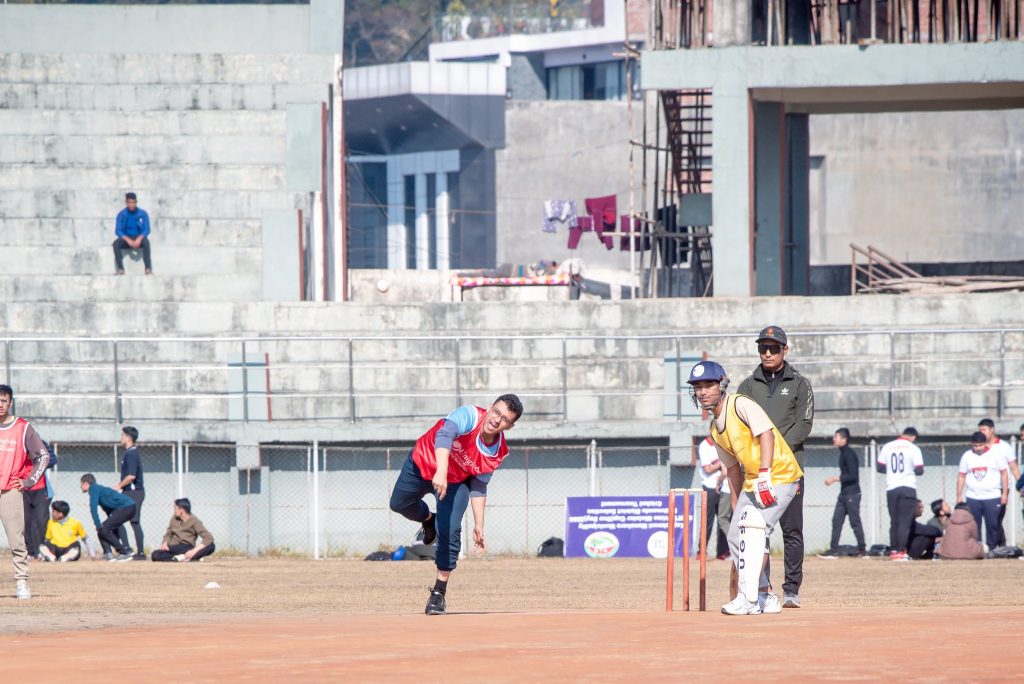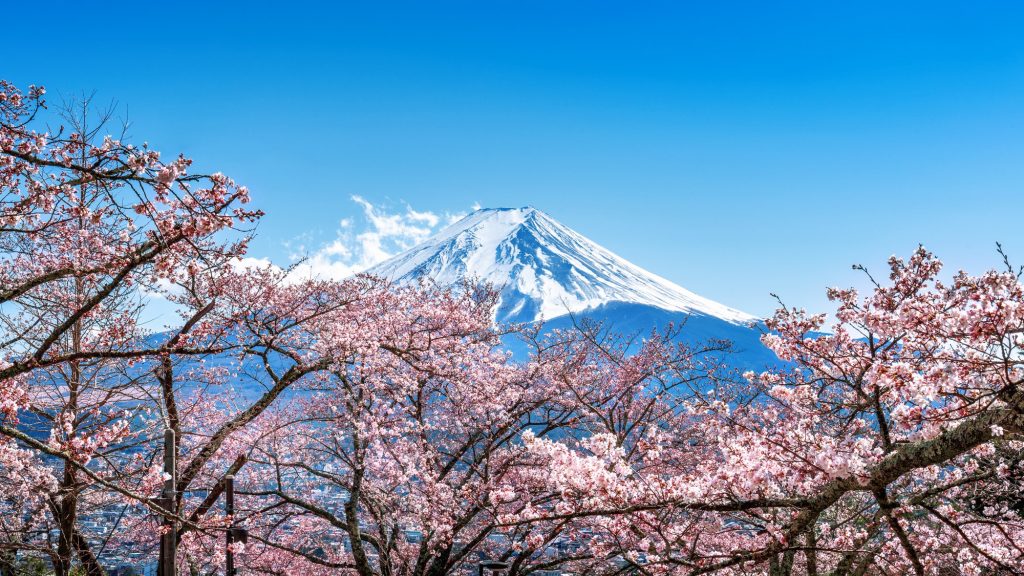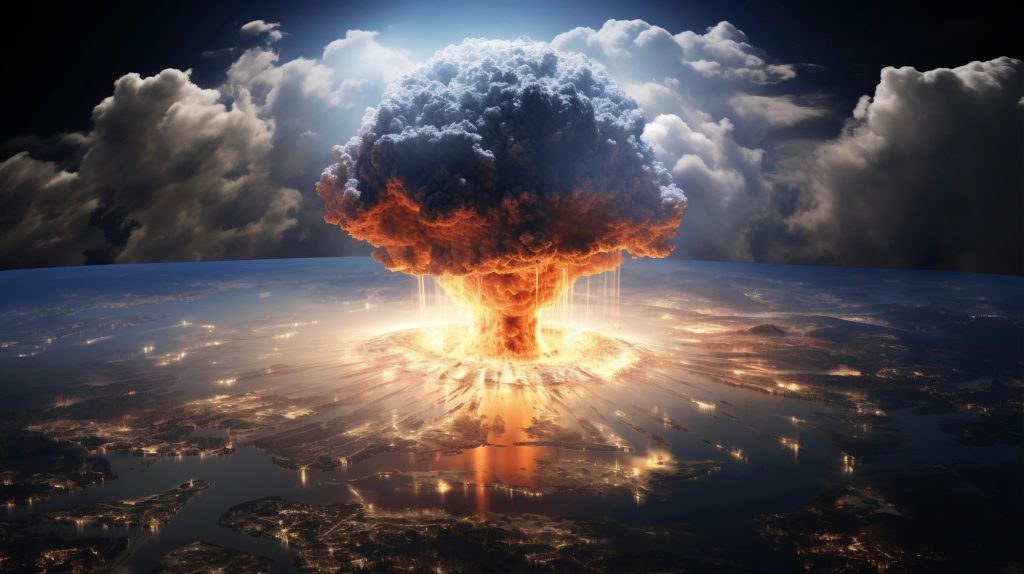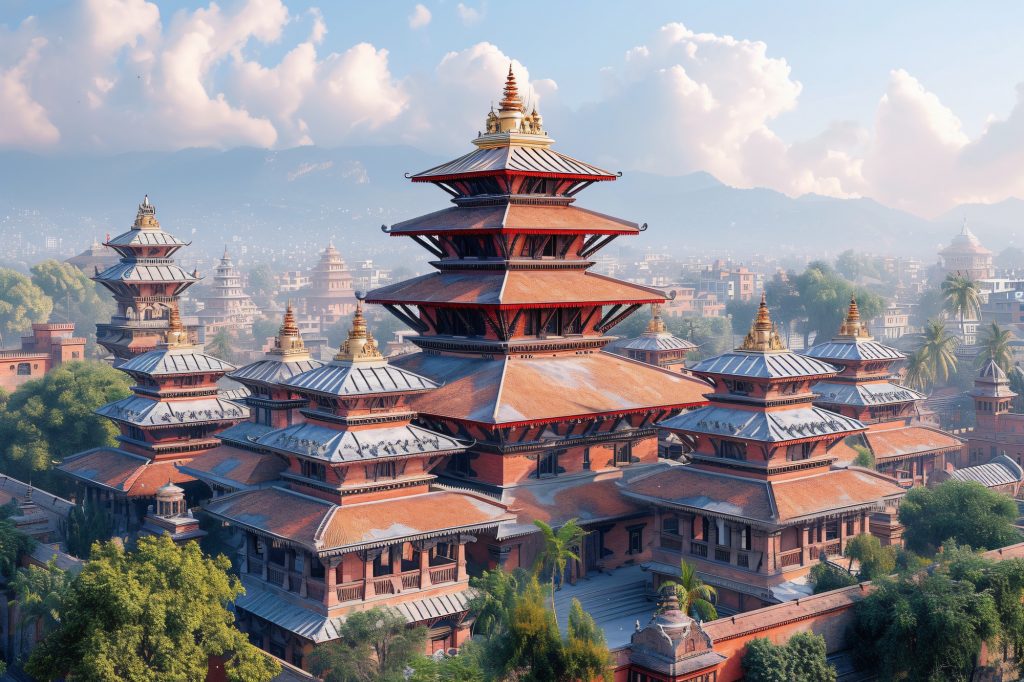Ever wondered what distinguishes an exceptional +2 college? Why do some excel in providing top-notch education while others fall short? If you’re exploring +2 education options in Nepal, these are critical questions to ponder. In this diverse landscape, one name consistently emerges as a leader: Uniglobe College. What sets Uniglobe apart from its counterparts? Why is it renowned as Nepal’s premier college? For those seeking an institution renowned for academic excellence, holistic development, and readiness to tackle global challenges, Uniglobe College could be your ideal choice. Academic Excellence at its Core At Uniglobe College, academic excellence isn’t just a goal; it’s a tradition. The college is renowned for its rigorous academic programs designed to challenge and inspire students. From Science to Management, every department offers cutting-edge courses that blend theoretical knowledge with practical application. Faculty members, who are experts in their fields, ensure that students receive a top-notch education that meets international standards. Holistic Development Opportunities Education at Uniglobe goes beyond textbooks and lectures. The college places a strong emphasis on holistic development, nurturing students into well-rounded individuals. Through a myriad of extracurricular activities, including sports, cultural events, and community service initiatives, students hone their leadership skills, teamwork abilities, and cultural awareness. Such opportunities not only enrich their educational experience but also prepare them for life beyond academia. State-of-the-Art Facilities A conducive learning environment requires state-of-the-art facilities, and Uniglobe College delivers on this front. Modern classrooms, well-equipped laboratories, a comprehensive library, and advanced computing resources ensure that students have access to the tools they need to excel. These facilities are complemented by a campus designed to inspire learning and creativity, fostering an atmosphere conducive to academic success. Supportive Learning Environment Beyond academics and facilities, Uniglobe College prides itself on its supportive learning environment. Small class sizes ensure personalized attention from faculty, fostering a collaborative and interactive learning atmosphere. Students benefit from mentorship programs that guide them through their academic journey and beyond, helping them navigate challenges and capitalize on opportunities effectively. Commitment to Ethical Values and Global Citizenship Integrity, ethics, and global citizenship are integral to the Uniglobe experience. The college instills these values in its students, emphasizing the importance of responsible leadership and social responsibility. Whether through sustainability initiatives, ethical business practices, or community engagement projects, Uniglobe students are encouraged to make a positive impact on the world around them, reflecting the college’s commitment to producing conscientious global citizens. Alumni Success Stories The true measure of a college’s success lies in the achievements of its alumni, and Uniglobe College boasts an impressive track record. Graduates of Uniglobe have gone on to excel in diverse fields, from corporate leadership to entrepreneurship, research, and public service. Their success stories underscore the college’s effectiveness in nurturing talent and preparing future leaders who can make a difference on a global scale. Global Perspective and Diversity In an increasingly interconnected world, exposure to diverse perspectives and cultures is invaluable. Uniglobe College embraces diversity and promotes a global outlook among its students. International exchange programs, cultural exchanges, and collaborative projects with institutions worldwide enrich the educational experience, broadening students’ horizons and preparing them to thrive in a multicultural environment. Continuous Innovation and Adaptability To remain at the forefront of education, Uniglobe College prioritizes continuous innovation and adaptability. The college regularly updates its curriculum to align with industry trends and emerging technologies, ensuring that graduates are well-prepared for evolving job markets. Innovation labs, research centers, and partnerships with industry leaders facilitate cutting-edge research and experimentation, fostering a culture of innovation among students and faculty alike. Conclusion Choosing the best college is a significant decision that shapes your future. Uniglobe College stands out as Nepal’s premier educational institution due to its unwavering commitment to academic excellence, holistic development, state-of-the-art facilities, industry-ready programs, supportive environment, ethical values, global perspective, alumni success, and continuous innovation. Whether you aspire to pursue a career in Science, Management, or any other field, Uniglobe College offers a transformative educational experience that prepares you not just for a job, but for a successful and fulfilling career. FAQs Why should I choose Uniglobe College over other institutions in Nepal? Uniglobe College distinguishes itself through its comprehensive approach to education, combining academic rigor with holistic development and practical experiences that prepare you for professional success. What are the admission requirements for Uniglobe College? Admission requirements typically include completing secondary education (SEE or equivalent) with satisfactory grades, submitting an application form, academic transcripts, and an entrance examination or interview. What is the alumni network like at Uniglobe College? Uniglobe College alumni are leaders in various industries, demonstrating the college’s effectiveness in preparing graduates for successful professional careers and leadership roles. By: Sharad Basnet, IRC Incharge

















